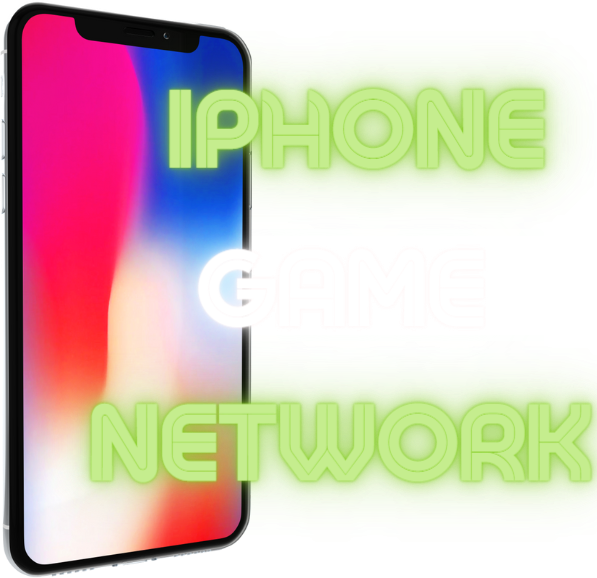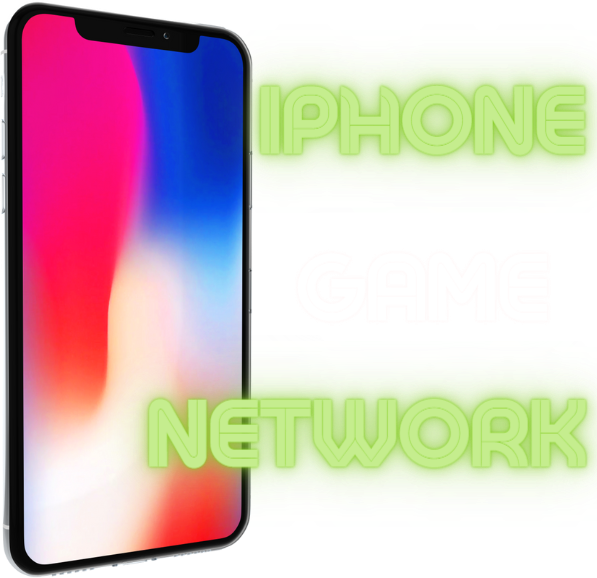Mental math is an effective way to improve your problem-solving skills without the need for a calculator. It’s also great for brain health and memory retention.
Learning some basic mental math skills can help students improve their self-confidence and solve more problems quickly. It also makes them retain the information they need to understand and answer questions in school.
Math Challenge: Mental Math Workout
Practicing mental math is a great way to build your skills in addition and subtraction. It’s also an important skill for calculating tips, estimating ingredients in recipes and budgeting your money.
The ability to perform math calculations quickly and accurately can help you succeed in school, at work and throughout your life. Learning these skills can be difficult, especially for kids who aren’t naturally gifted in this area.
You can improve your mental math skills by practicing little and often, and working on different types of problems. This can include math puzzles and games, as well as problem-solving activities.
Another way to practice mental math is by looking for numbers and numeric relationships around you. For example, have you ever seen a number that was the sum of several other numbers?
There are also a variety of online and app-based programs that make it easy for students to practice math in an engaging environment. These digital programs also offer adaptive feedback, so teachers can tailor content to each student’s needs.
Learn to Add and Subtract in Your Head
Mental math is an important skill for achieving a quick and accurate solution to calculations without the use of a calculator. However, this requires consistent practice and engagement in activities and learning strategies.
Fortunately, there are a few tricks and strategies that will aid you in becoming a mental math master. These include learning to add and subtract in your head, as well as using mental calculation techniques for multiplying and dividing numbers.
You can also improve your math skills by setting aside five minutes a day for mental math practice. If you can master this skill, then you’ll be able to complete simple arithmetic problems without the use of a calculator in no time at all.
If you are looking for an app to help you develop your mental arithmetic skills, then check out Mental Math. It offers great flexibility with twelve different exercise types including addition, subtraction, multiplication, division, powers, square roots, percentages, fractions, decimals and money. Each has five difficulty levels and includes an unlimited amount of questions.
Learn to Multiply and Divide in Your Head
Mental math is the ability to do calculations in your head instead of using a calculator. It is a skill that can help you solve complicated problems faster and with greater accuracy.
You can improve your mental math skills with some simple tricks and techniques. These will help you multiply and divide numbers much faster than usual.
The trick is to break down multiplication and division problems into smaller ones that are easier to solve in your mind. For example, if you have to multiply 17 x 4, you could break it down into 3 x 6 and 1 x 2.
Another way to practice your mental math skills is to write out your multiplication and division tables on a piece of paper. This will start to train your brain to recognize the digits and the number relationships.
You can also try timed workouts that challenge your memory and reaction speed. These will help to train your mental math skills and boost confidence.
Learn to Solve Word Problems in Your Head
Word problems are an important way for learners to practice math skills and develop conceptual understanding. They also show kids how math can apply in real life situations.
Word problem questions often require students to translate the English text into a mathematical representation, which can be a challenge. However, research shows that using the right strategies can help.
The first thing to do is determine the question or statement being asked in a word problem. This is especially crucial when there are unknown quantities involved in a word problem.
Next, students should identify the operation or operations they need to perform. These may include addition, subtraction, multiplication, or division.
Once students have the operation they need to perform, they can try to find the answer using process of elimination. This can be a fast and effective strategy to solve word problems.

